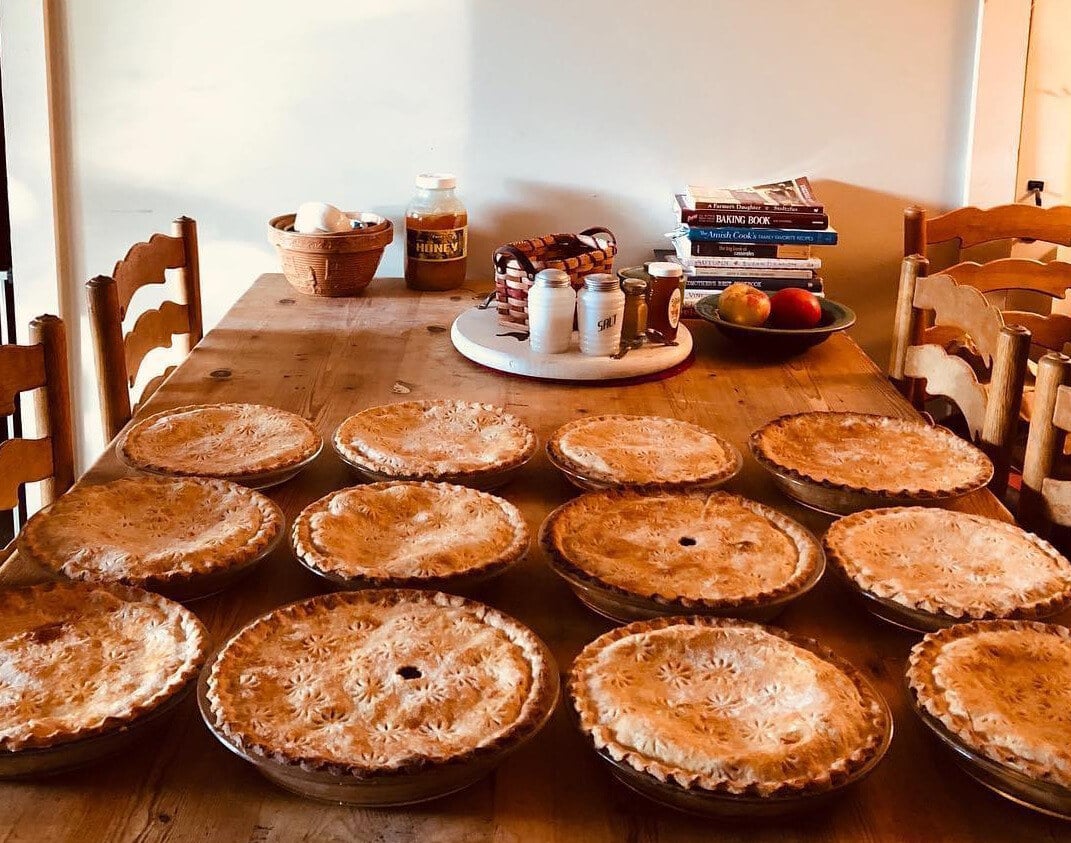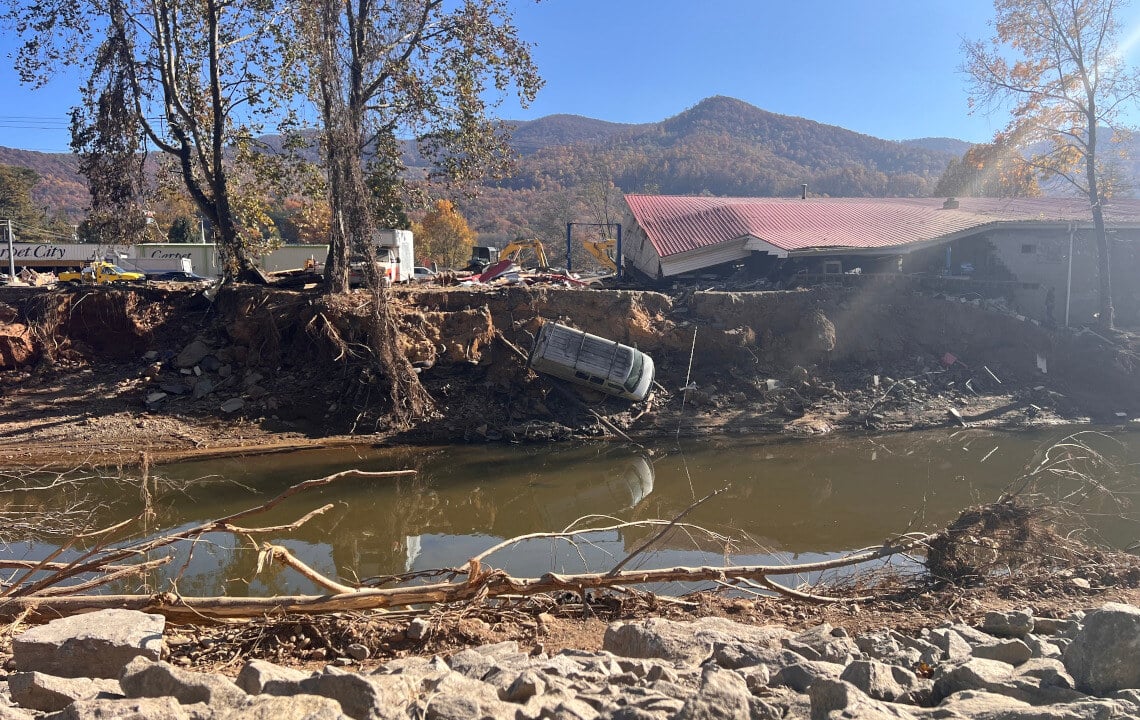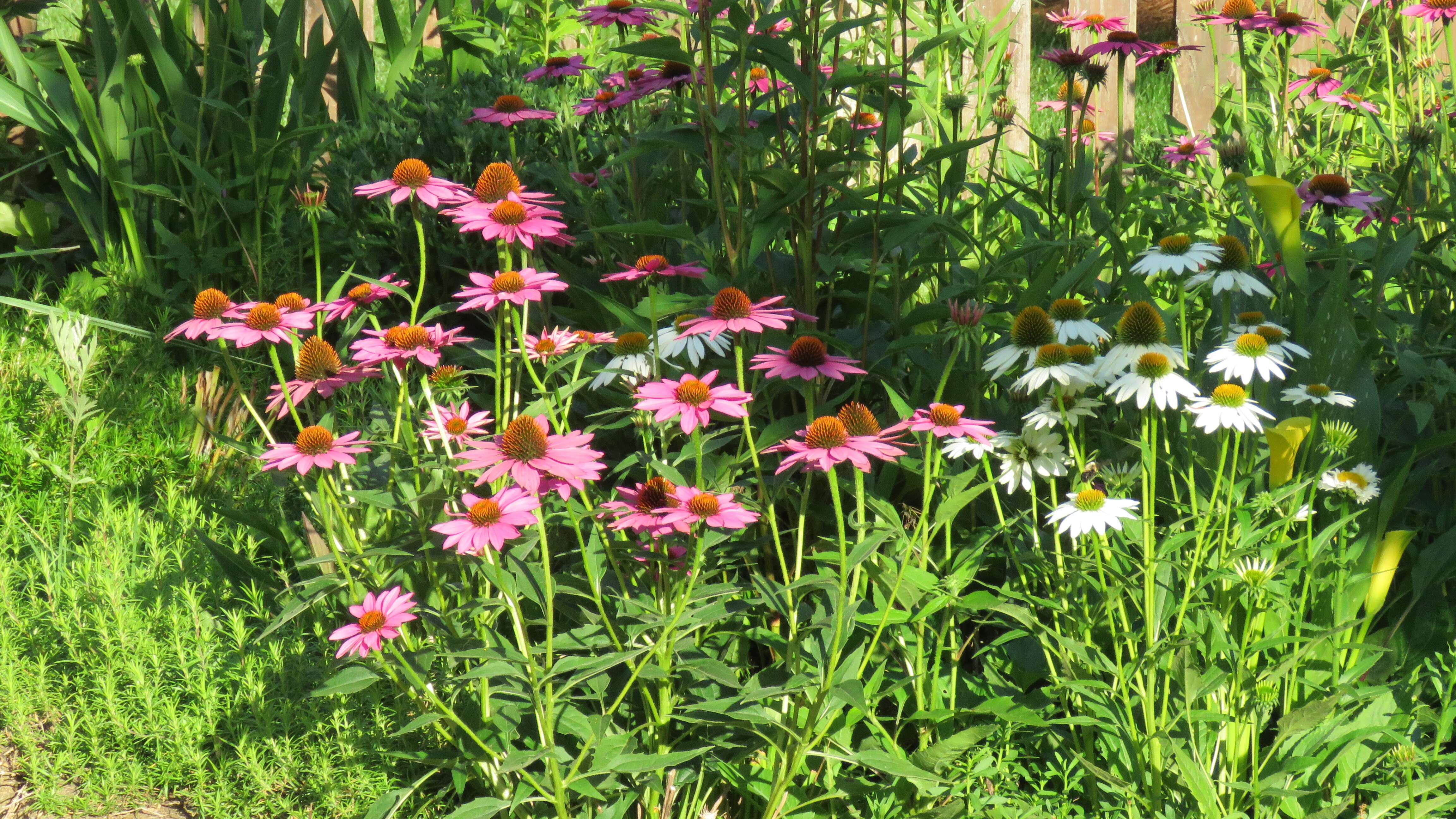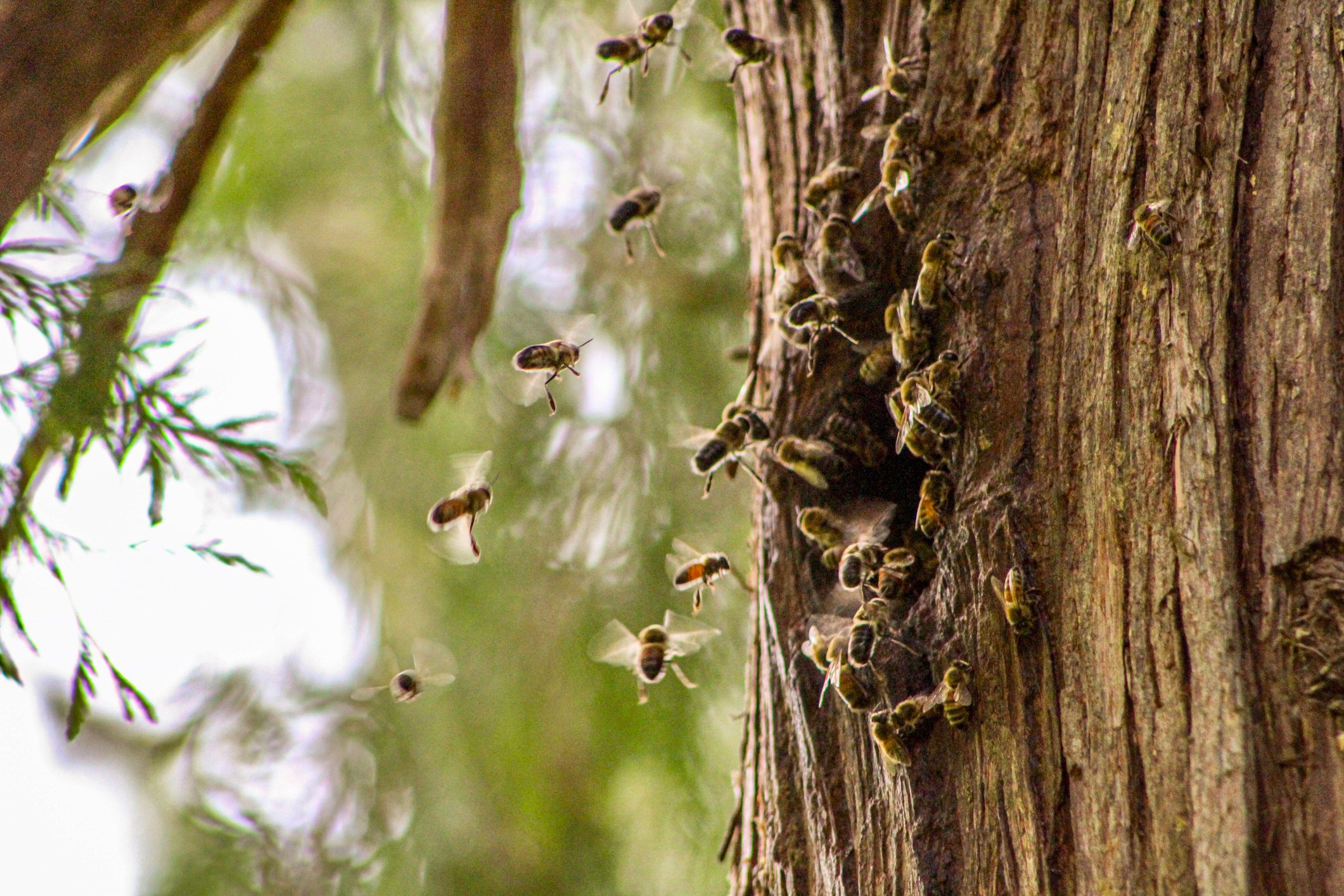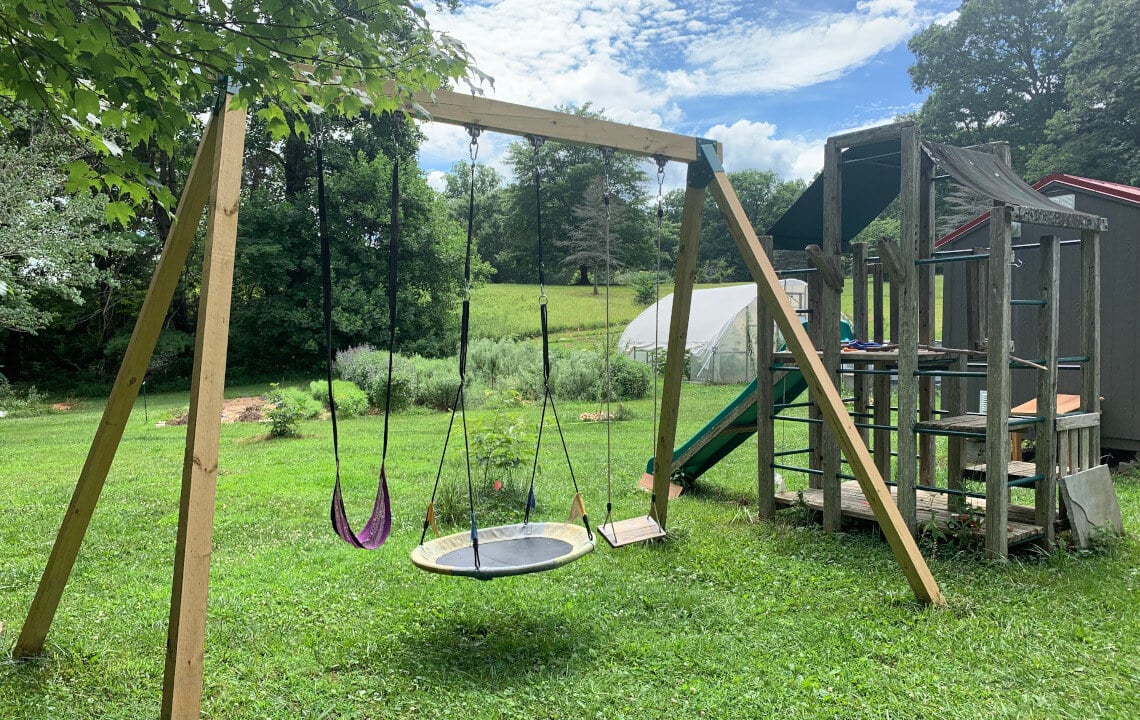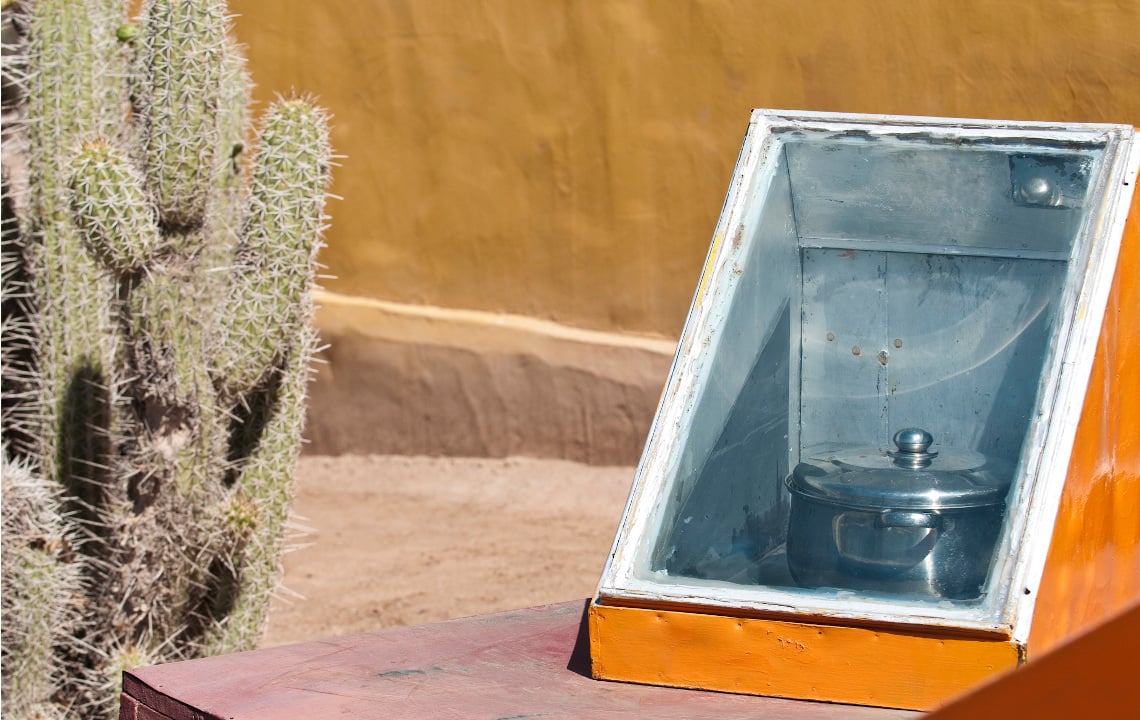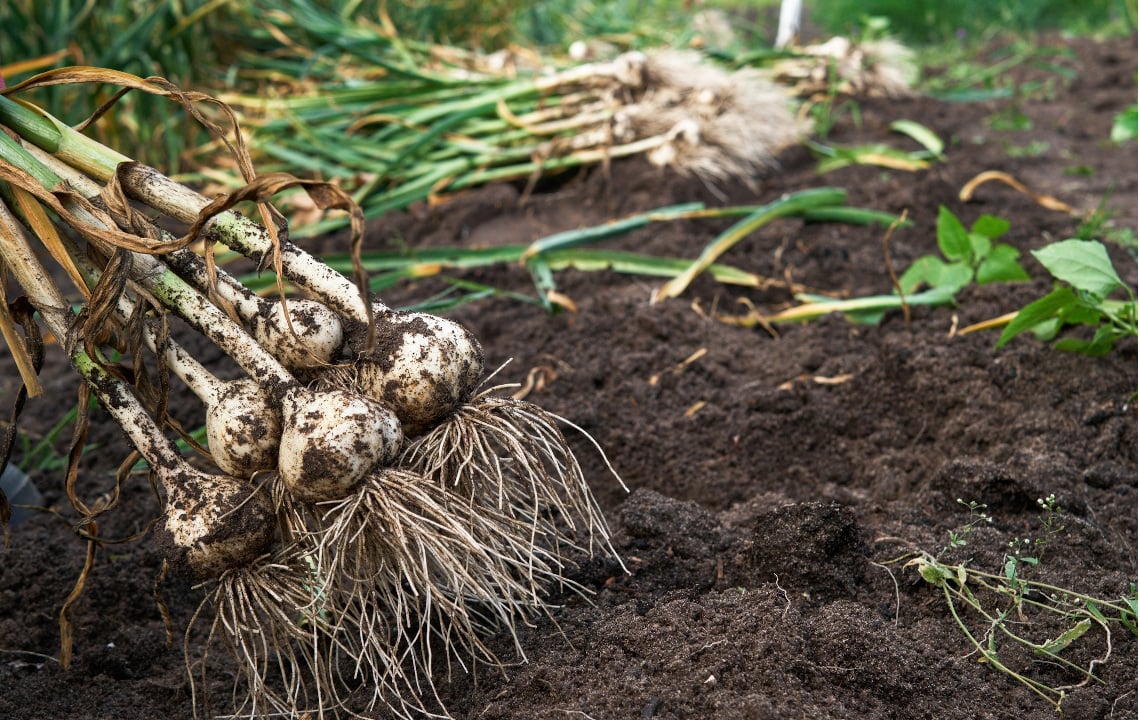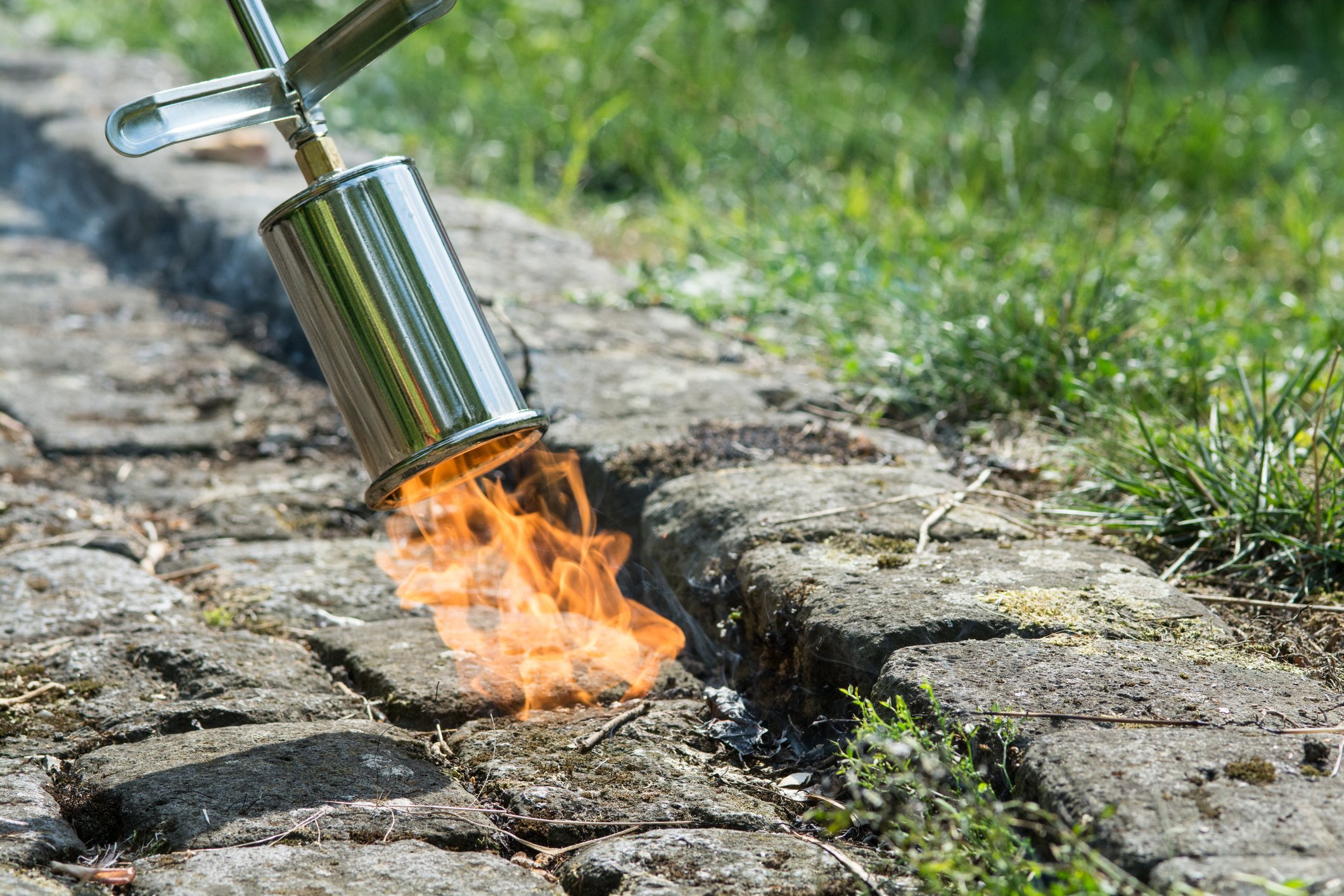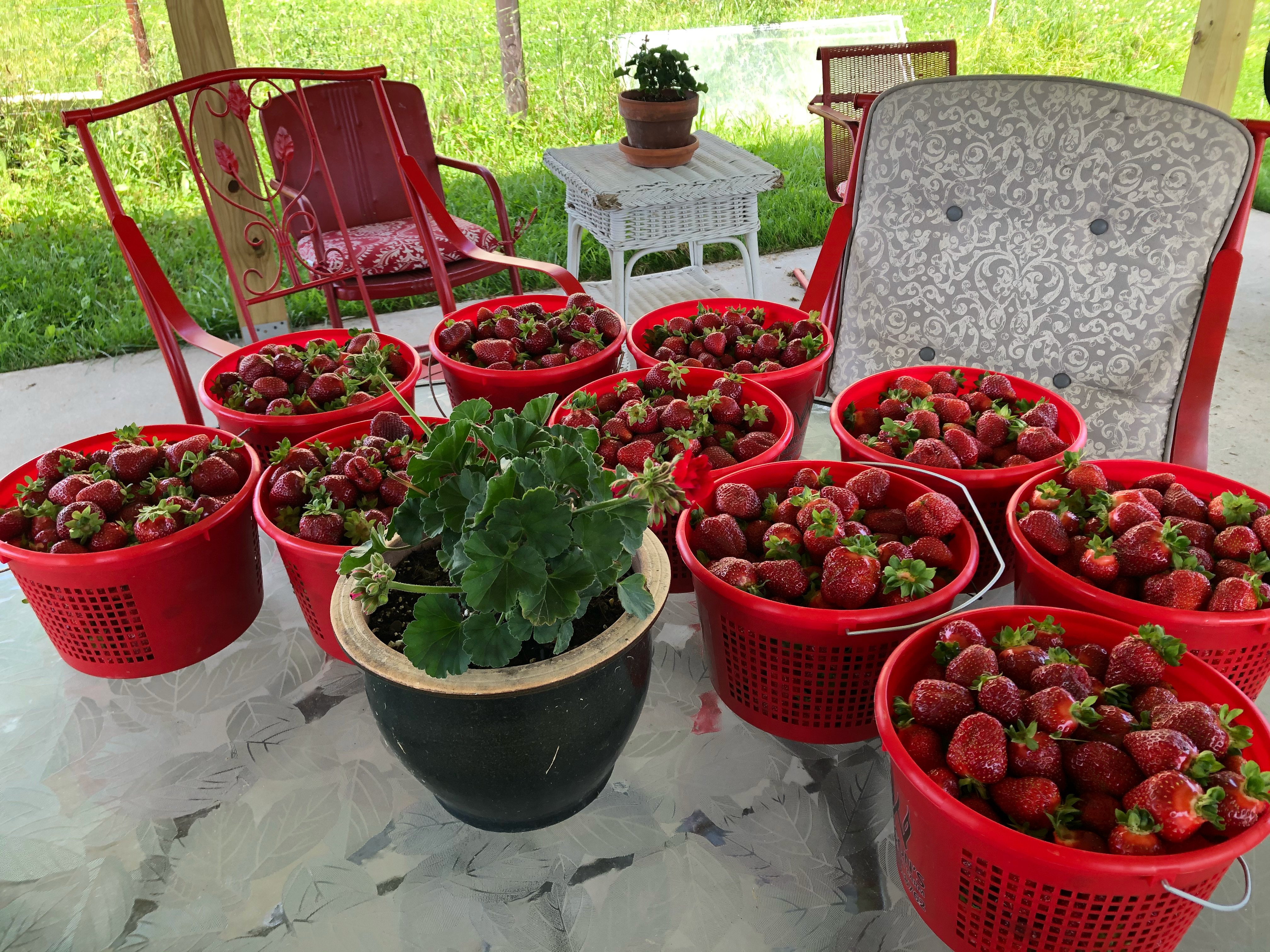Looking for natural weed killers that work? Here, our editor (and regenerative herb farmer) shares and compares 5 simple DIY non-toxic weed killers, including how to use them and what types work best for different areas of land.
Gardening is one of the great pleasures of owning rural land or a big backyard.
Weeding, however, tends to become more of a chore. Especially in the South, where hot, steamy days and nights seem to breed all manner of superweeds.
Sure, it may seem easy enough to keep up with hand-weeding at first. But, after a few weeks of humidity and some heavy rains, garden weeds can get unruly fast.
Instead of letting the weeds take over or resorting to synthetic weed killers, which can leave residue on your edible plants, try these 5 simple, natural, and non-toxic weed killers.

Why Use Non-Toxic Weed Killer Vs. The Tried and True Stuff?
Synthetic chemical weed killers are popular because they are generally inexpensive, easy to use and very effective.
So, why bother with non-toxic alternatives?
New research has shown the old expression, “if something seems too good to be true, it probably is,” appears to apply to synthetic chemical weed killers/herbicides.
Various synthetic herbicides/weed killers have been linked to: 1, 2, 3, 4, 5
- Cancer
- Neurological disorders
- Microbiome disruption
- Developmental issues
- Behavioral issues
- Immune conditions
- Poisoning
- Endocrine/hormonal dysfunction
- Organ damage
- Eye, nose, and throat irritation
- Skin damage
- And much more
A growing body of evidence also suggests that weed killers, which may double as pesticides, like glyphosate, are detrimental to beneficial insect populations, including honey bees and other pollinators, earthworm populations, and mycorrhizal fungi. All of these benefit garden ecology both above and below ground, affecting soil and plant health.
Plus, that herbicide runoff has to go somewhere. This means it winds up in groundwater, which could slowly contaminate your well and any nearby streams, ponds or lakes.
Sure, they may be effective, but mounting evidence suggests their efficacy comes at a great cost to human and environmental health.
The good news is that there are plenty of cheap, effective and non-toxic weed killers you can whip up using items you probably already have in your home.
Here are five to try.

5 Non-Toxic and Natural Weed Killers for Healthier Gardens and Land
1: Boiling Water
It doesn’t get much cheaper or simpler than using boiling water to kill weeds!
Since boiling water will also kill beneficial plants, this method typically works best on weeds growing out of sidewalk or driveway cracks, for example.
To use, simply pour boiling water on the weeds and watch them wither and die.
It may take more than one application, depending on the weed, and you may wish to pull out the roots once the weed tops have died.
Tip: Pour boiling water directly from the kettle or pour into a thermos to deposit on weeds safely. As always, be mindful or children or pets nearby.
Pros of Using Boiling Water for Weed Control:
- It’s cheap and effective
Cons of Using Boiling Water for Weed Control:
- It may take more than one application
- It can also kill beneficial plants
- Boiling water cannot be placed in a spray bottle, which can make targeted application tricky in crowded garden beds
- Precautions must be taken when using around children or pets
Best for:
- Sidewalks
- Driveways
- Gravel and pebbles
- Gardens where plants are spaced far apart
2: Tarping
As discussed in: Simple Fall Garden Prep Trick = Less Spring Weeds, using silage or fabric tarps is a simple and effective way to stamp out troublesome weeds and other plants, like poison ivy.
Tarping isn’t an instant fix, but if you have 2-4 weeks, it’s a great trick for eliminating large amounts of weeds from your garden, terminating cover crops, putting your garden to bed for the winter or killing grass in preparation for new garden beds.
To use, tarp off the affected area, weigh down the tarp and give it 2-4 weeks.
The hotter the temperatures, the faster the tarp will kill the weeds.
From there, simply remove the dead weeds by raking the debris into your walkways or edges, prep the soil and you’re ready to take back your garden!

Pros of using Tarping as a Non-Toxic Weed Killer:
- It completely kills the weeds and their seeds
- It’s set it and forget it, easy peasy
Cons of using Tarping as a Non-Toxic Weed Killer:
- It can take 2 weeks or more, depending on temperatures
- Some experts warn of issues with microplastics in tarps leaching into soil. This can be avoided by using fabric tarps
Best for:
- Large areas of weeds
- Large gardens
- Poison ivy (use a small tarp in smaller spaces)
- Killing off grass or weeds for new garden beds
3: Vinegar + Salt+ Non-Toxic Dishsoap
This handy non-toxic herbicide is easy to whip up with items you likely already have in your kitchen.
Vinegar's natural acetic acid acts as a non-toxic herbicide, salt is a natural plant-killer (that also deters pests, like slugs), and dish soap helps suffocate weeds and bugs in its path.
Ideally, we recommend natural and non-toxic dish soap (because you don’t want chemical residue on your crops or your soil), like Aspen Clean, Seventh Generation, Branch Basics or liquid Castile Soap.
To use, mix everything together in a spray bottle and apply directly to the weeds, taking care not to spray on your produce (because salt kills everything).
This may take one or several applications depending on the size and types of weeds.
Once they’re dead, remove them from the roots.
Pros of Using Vinegar, Salt and Dish Soap as a Natural Weed Killer:
- Cheap and easy to make
- Effective on most types of weeds
- Safe
Cons of Using Vinegar, Salt and Dish Soap as a Natural Weed Killer:
- May take more than one application (but not always)
- Can also kill beneficial plants
Best for:
- Any type of weed in any location (just take care not to spray beneficial plants)
4: Mulching
Mulching is the ultimate preventative remedy for weeds and helps nourish your healthy plants and soil.
The more heavily you apply the mulch, the more weed control you’ll get, so don’t be shy! Add a good 2-4 inches for best results.

Soil scientist Rachel Strivelli recommends using any type of natural mulch made of organic matter, including grass clippings, wood mulch, etc., around plants after the plants have sprouted.
Pinestraw is only recommended for plants that like acidic soil, such as strawberries.
Pros of Using Mulch for Natural Weed Control:
- Naturally deters weed growth
- Nurtures soil health
- Looks great
Cons of Using Mulch for Natural Weed Control:
- Requires some physical labor
- May need to be re-applied during the growing season, but not always
- Large amounts of mulch can be expensive. However, free services, like ChipDrop can save you a small fortune if you're willing to accept delivery of various types of mulch with little notice
Best for:
- Garden beds
- Paths
Learn more in: How A Soil Scientist Creates A Low-Maintenance Garden In The South.
5: Flame Weeding
Flame weeding, which is as fun as it sounds, is a popular method used by organic market gardeners to control weeds.
You’re basically using a flame weeder, which is like a garden propane-powered blowtorch, to scorch weeds and their seeds into submission while leaving the healthy plants alone.

This method works best to kill weeds in areas with few desirable plants nearby, such as driveways or sidewalk cracks, pebbles, or gravel.
Also, this method works best for very young weeds that have just sprouted and not matured much. So, if you use this technique, be vigilant about monitoring your garden and torch the weeds early before they get well established.
Obviously, this can be risky, especially if you’re flame weeding in a drought-prone or fire-prone area, near flammable materials (like pine straw, dry grass, dry trees, dry pasture, etc.) or around children or pets, so use common sense.
However, flame weeding is fast, effective, non-toxic, fun, and efficient, provided you follow the manufacturer’s instructions, only use it in appropriate areas, and practice impeccable safety.
Pros of Flame Weeding:
- Kills most weeds completely dead
- Kills weed seeds
- Easily clears as growing bed before direct seeding or transplanting
Cons of Flame Weeding:
- Requires investment in a flame weeder
- Can be a fire hazard if used improperly
- Not ideal for use around many beneficial plants, like in a garden bed
- May require more than one pass, but not always
Best for:
- Sidewalks
- Driveways
- Gravel or pebbles
This article from Prepper’s Home and Garden outlines the process in detail.
You can find flame weeders at various farm, garden and seed suppliers, like Johnny’s Seeds, Neversink Farm Tools and Farmers Friend.
Important Things To Note Before You Start Using Natural Weed Killers
It can be very exciting and empowering to learn you can control weeds without the use of harmful herbicides or back-breaking work.
However, before you start, keep the following in mind:
- Non-toxic weed killers can kill beneficial plants too. So, make sure you’re only targeting weeds.
- Non-toxic weed killers may take several applications to work, especially on large or very established weeds. So start ASAP!
- If overused, salt or vinegar can negatively impact soil health. So again, be sure to target the weed’s leafy parts rather than the soil around them.
- If using a flame weeder, always follow the manufacturer’s instructions, never use it around children, animals or pets, and do not use it in drought- or fire-prone areas. We said this already, but it bears repeating!
- Wait to mulch your plants until they’ve sprouted, otherwise the mulch may stunt their growth.
Do you have a favorite non-toxic weed killer we haven’t covered here? Tell us about it on Instagram @rethinkrural.
Happy non-toxic weeding, folks!
References:
1: https://www.nature.com/articles/nature.2015.17181
3: https://www.sciencedirect.com/science/article/pii/S0169534722002294
4: https://emergency.cdc.gov/agent/paraquat/basics/facts.asp







